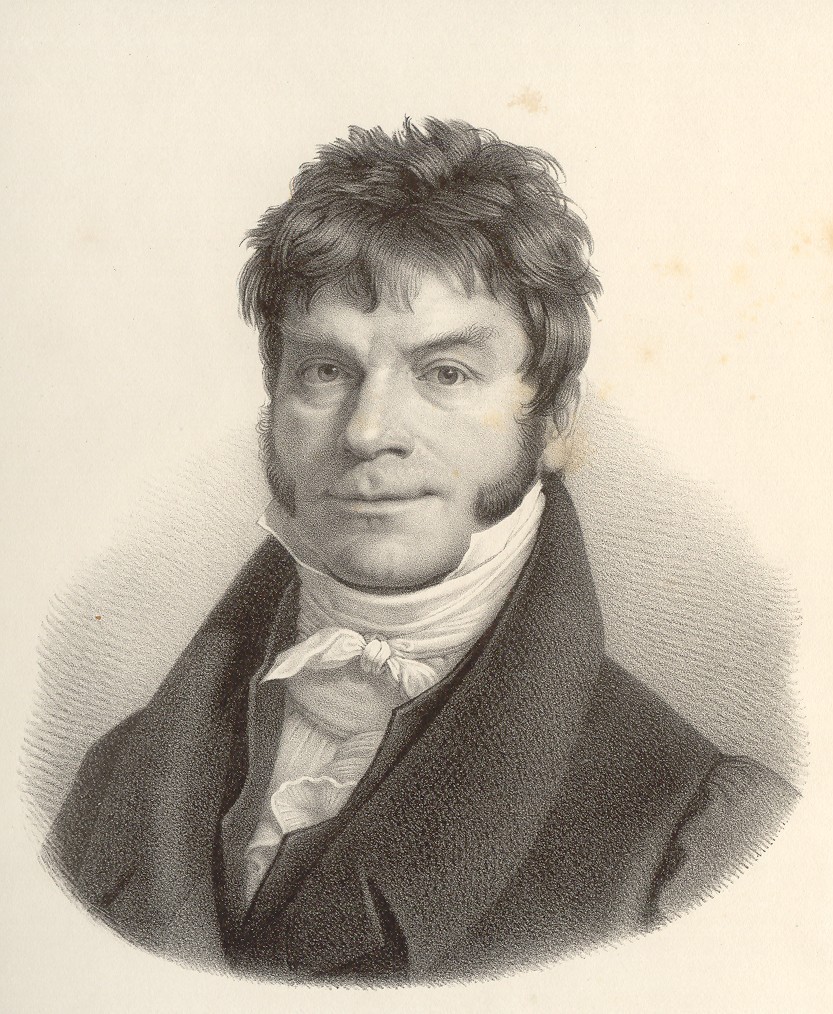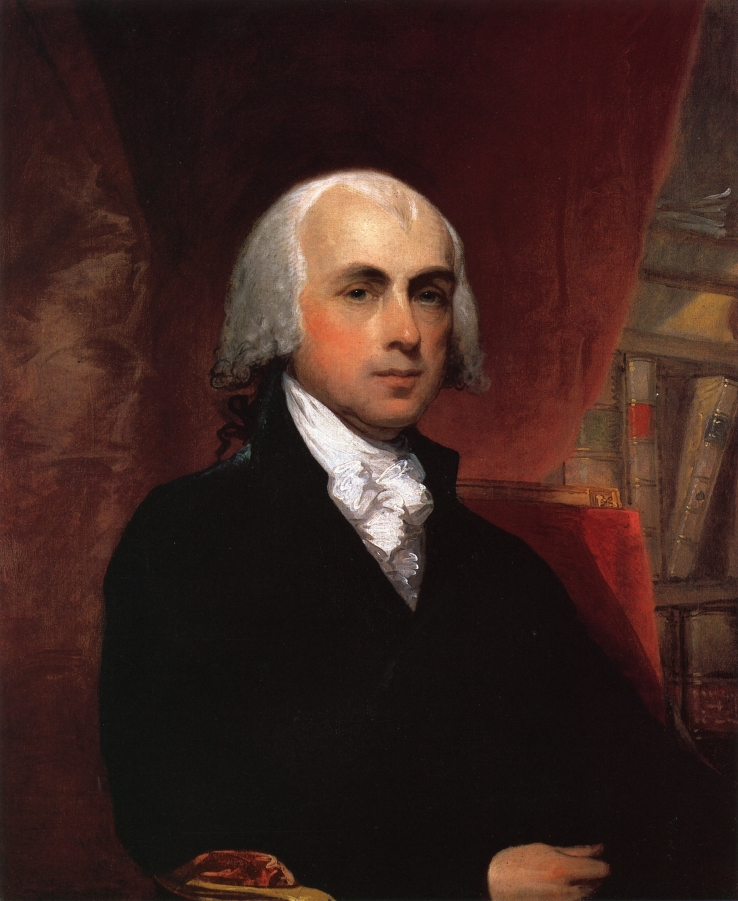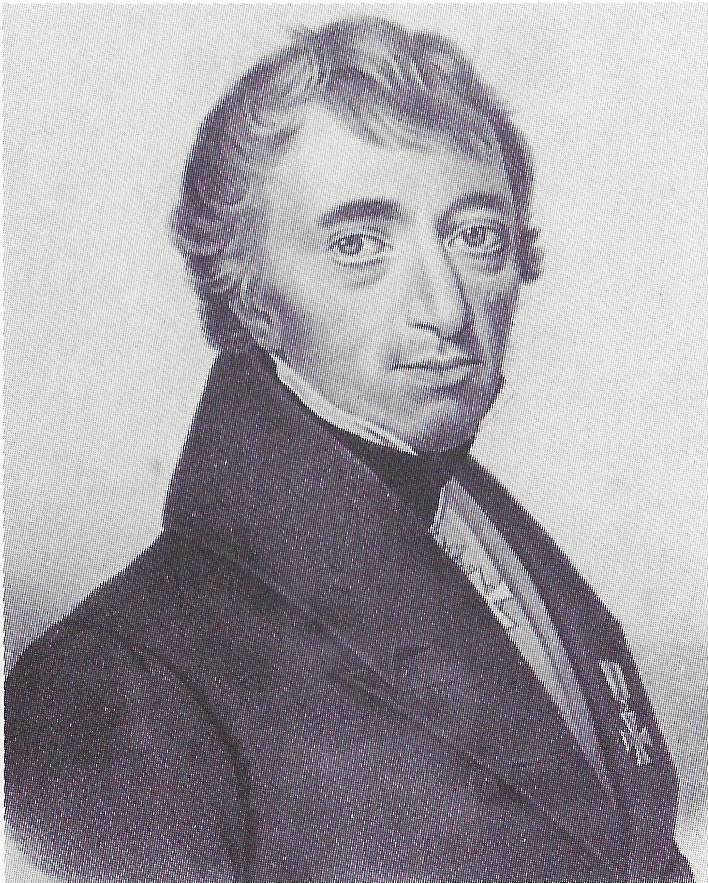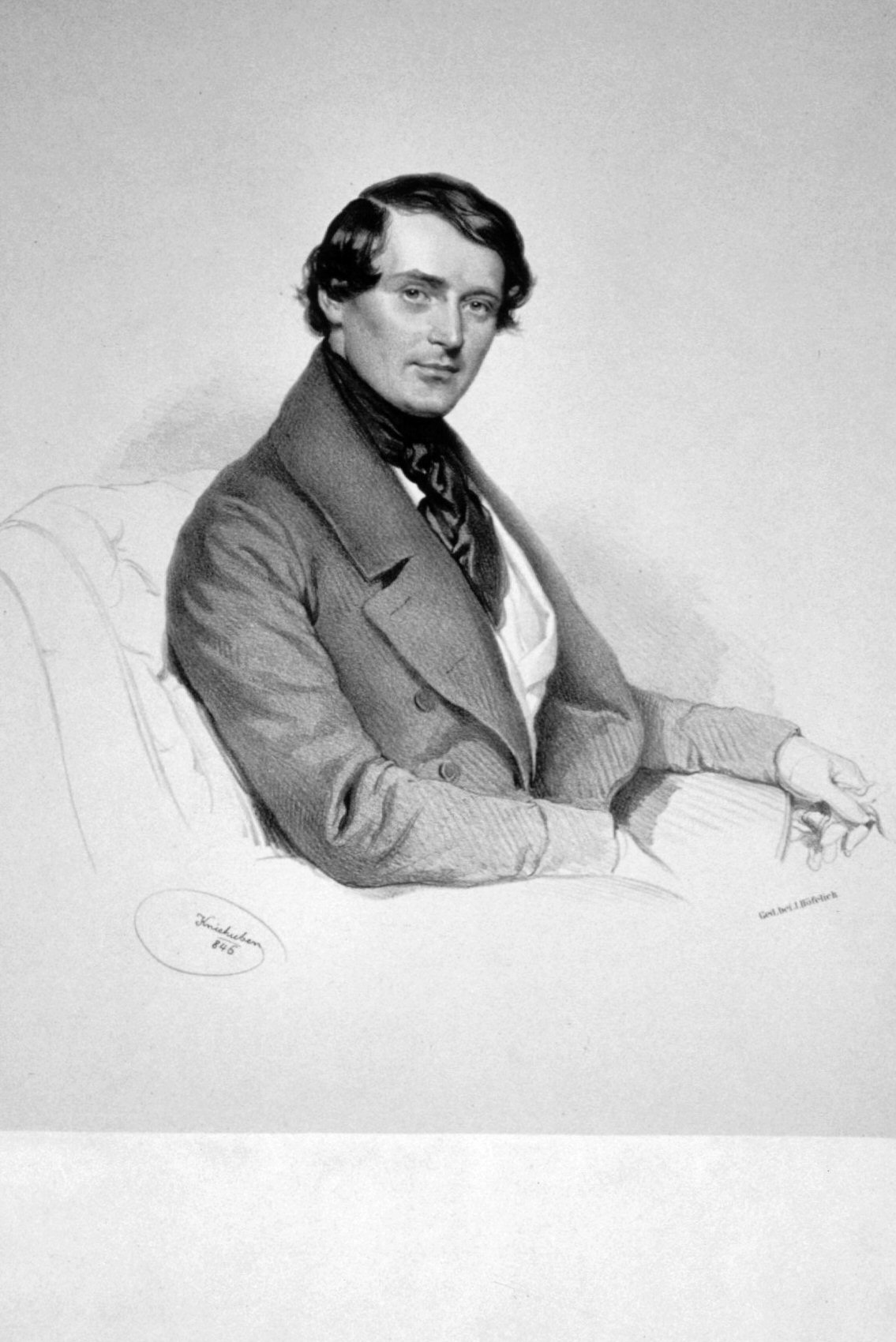|
Johann Samuel Traugott Gehler
Johann Samuel Traugott Gehler (1 November 1751, in Görlitz – 16 October 1795, in Leipzig) was a German lawyer and physicist who lived in the Holy Roman Empire. He studied mathematics, natural sciences and law at the University of Leipzig, obtaining his habilitation for mathematics in 1776 and his law degree the following year. While a student, his influences included physicist Johann Heinrich Winckler. In 1783 he became a city councilman in Leipzig, and from 1786 served as an associate at the Oberhofgericht Leipzig. He is best remembered as the author of a popular dictionary of physical sciences, ''Physikalisches Wörterbuch'', published from 1787 in six volumes. Decades later, the dictionary was edited and re-issued in 11 volumes (1825–45); its editors being Heinrich Wilhelm Brandes, Leopold Gmelin Leopold Gmelin (2 August 1788 – 13 April 1853) was a German chemist. Gmelin was a professor at the University of Heidelberg. He worked on the Potassium ferricyanide, red p ... [...More Info...] [...Related Items...] OR: [Wikipedia] [Google] [Baidu] |
Görlitz
Görlitz (; ; ; ; ; Lusatian dialects, East Lusatian: , , ) is a town in the Germany, German state of Saxony. It is on the river Lusatian Neisse and is the largest town in Upper Lusatia, the second-largest town in the region of Lusatia after Cottbus, and the largest town in the German part of the region of Silesia. Görlitz is the easternmost town in Germany (the easternmost village being Zentendorf, Zentendorf (Šćeńc)) and lies opposite the Poland, Polish town of Zgorzelec, which was the eastern part of Görlitz until 1945. The town has approximately 56,000 inhabitants, which make Görlitz the List of cities in Saxony by population, sixth-largest town in Saxony. It is the seat of the Görlitz (district), district of Görlitz. Together with Zgorzelec it forms the Euro City of Görlitz/Zgorzelec, which has a combined population of around 86,000. The town's recorded history began in the 11th century as a Sorbs, Sorbian settlement. Through its history it has been under German ... [...More Info...] [...Related Items...] OR: [Wikipedia] [Google] [Baidu] |
Johann Caspar Horner
Johann Caspar Horner (Zürich, 12 March 1774 – Zürich, 3 November 1834) was a Swiss physicist, mathematician and astronomer. Life At the beginning, he wanted to be a priest, but later he went to Göttingen, where he learnt astronomy. Then he traveled throughout the world for three years on behalf of the Russians. After the journey he took two years in Saint Petersburg with the cataloging the items he had found. He discovered a method for approaching the roots of equation with unknown factor in a higher power. His findings were published under the titles ''Über die Curven zweiten Grades'' and ''Die fünf regelmässigen Körper''. He wrote some other works also on the field of astronomy. In 1805, Johann Caspar Horner visited Japan with the Prussian Georg Heinrich von Langsdorff, as a scientist to the Krusenstern mission that also brought the Russian ambassador Nikolai Rezanov to Japan. Horner made a hot air balloon out of Japanese paper (washi), and made a demonstration in ... [...More Info...] [...Related Items...] OR: [Wikipedia] [Google] [Baidu] |
People From Görlitz
The term "the people" refers to the public or common mass of people of a polity. As such it is a concept of human rights law, international law as well as constitutional law, particularly used for claims of popular sovereignty. In contrast, a people is any plurality of persons considered as a whole. Used in politics and law, the term "a people" refers to the collective or community of an ethnic group or nation. Concepts Legal Chapter One, Article One of the Charter of the United Nations states that "peoples" have the right to self-determination. Though the mere status as peoples and the right to self-determination, as for example in the case of Indigenous peoples (''peoples'', as in all groups of indigenous people, not merely all indigenous persons as in ''indigenous people''), does not automatically provide for independent sovereignty and therefore secession. Indeed, judge Ivor Jennings identified the inherent problems in the right of "peoples" to self-determination, as i ... [...More Info...] [...Related Items...] OR: [Wikipedia] [Google] [Baidu] |
18th-century German Lawyers
The 18th century lasted from 1 January 1701 (represented by the Roman numerals MDCCI) to 31 December 1800 (MDCCC). During the 18th century, elements of Age of Enlightenment, Enlightenment thinking culminated in the Atlantic Revolutions. Revolutions began to challenge the legitimacy of monarchical and aristocratic power structures. The Industrial Revolution began mid-century, leading to radical changes in Society, human society and the Natural environment, environment. The European colonization of the Americas and other parts of the world intensified and associated mass migrations of people grew in size as part of the Age of Sail. During the century, History of slavery, slave trading expanded across the shores of the Atlantic Ocean, while declining in Russian Empire, Russia and Qing dynasty, China. Western world, Western historians have occasionally defined the 18th century otherwise for the purposes of their work. For example, the "short" 18th century may be defined as 1715� ... [...More Info...] [...Related Items...] OR: [Wikipedia] [Google] [Baidu] |
1795 Deaths
Events January–June * January – Central England records its coldest ever month, in the CET records dating back to 1659. * January 14 – The University of North Carolina opens to students at Chapel Hill, becoming the first state university in the United States. * January 16 – War of the First Coalition: Flanders campaign: The French occupy Utrecht, Netherlands. * January 18 – Batavian Revolution in Amsterdam: William V, Prince of Orange, Stadtholder of the Dutch Republic (Republic of the Seven United Netherlands), flees the country. * January 19 – The Batavian Republic is proclaimed in Amsterdam, ending the Dutch Republic (Republic of the Seven United Netherlands). * January 20 – French troops enter Amsterdam. * January 23 – Flanders campaign: Capture of the Dutch fleet at Den Helder: The Dutch fleet, frozen in Zuiderzee, is captured by the French 8th Hussars. * February 7 – The Eleventh Amendment to the United Sta ... [...More Info...] [...Related Items...] OR: [Wikipedia] [Google] [Baidu] |
1751 Births
In Britain and its colonies (except Scotland), 1751 only had 282 days due to the Calendar (New Style) Act 1750, which ended the year on 31 December (rather than nearly three months later according to its previous rule). Events January–March * January 1 – As the Province of Georgia undergoes the transition from a trustee-operated territory to a Crown colony, the prohibition against slavery is lifted by the Trustees for the Establishment of the Colony of Georgia in America. At the time, the Black population of Georgia is approximately 400 people, who had been kept in slavery in violation of the law. By 1790, the enslaved population of Georgia increases to over 29,000 and to 462,000 by 1860. * January 7 – The University of Pennsylvania, conceived 12 years earlier by Benjamin Franklin and its other trustees to provide non-denominational higher education "to train young people for leadership in business, government and public service". rather than for t ... [...More Info...] [...Related Items...] OR: [Wikipedia] [Google] [Baidu] |
Antoine François, Comte De Fourcroy
Antoine is a French given name (from the Latin ''Antonius'' meaning 'highly praise-worthy') that is a variant of Danton, Titouan, D'Anton and Antonin. The name is most common in France, Switzerland, Belgium, Canada, West Greenland, Haiti, French Guiana, Madagascar, Benin, Niger, Burkina Faso, Ivory Coast, Guinea, Senegal, Mauritania, Western Sahara, Morocco, Algeria, Tunisia, Chad, Central African Republic, Cameroon, Equatorial Guinea, Gabon, Republic of the Congo, Democratic Republic of the Congo, Burundi, and Rwanda. It is a cognate of the masculine given name Anthony. Similar names include Antaine, Anthoine, Antoan, Antoin, Antton, Antuan, Antwain, Antwan, Antwaun, Antwoine, Antwone, Antwon and Antwuan. Feminine forms include Antonia, Antoinette, and (more rarely) Antionette. As a first name *Antoine Alexandre Barbier (1765–1825), a French librarian and bibliographer *Antoine Arbogast (1759–1803), a French mathematician *Antoine Arnauld (1612–1694), a Fre ... [...More Info...] [...Related Items...] OR: [Wikipedia] [Google] [Baidu] |
Tiberius Cavallo
Tiberius Cavallo (also Tiberio) (30 March 1749, Naples, Kingdom of Naples21 December 1809, London, England) was an Italian physicist and natural philosopher. His interests included electricity, the development of scientific instruments, the nature of " airs", and ballooning. He became both a Member of the Royal Academy of Sciences in Naples, and a Fellow of the Royal Society of London in 1779. Between 1780 and 1792, he presented the Royal Society's Bakerian Lecture thirteen times in succession. Life Tiberius Cavallo was born on 30 March 1749 at Naples, Italy where his father was a physician. In 1771 he moved to England. Cavallo made several ingenious improvements in scientific instruments. He is often cited as the inventor of Cavallo's multiplier. He also developed a "pocket electrometer" that he used to amplify small electric charges to make them observable and measurable with an electroscope. Parts of the instrument were protected from drafts by a glass enclosure. ... [...More Info...] [...Related Items...] OR: [Wikipedia] [Google] [Baidu] |
Georg Wilhelm Muncke
Georg Wilhelm Muncke or Georg Wilhelm Munke (28 November 1772, in Hilligsfeld – 17 October 1847, in Großkmehlen) was a German physicist. From 1797 to 1810 he worked as an administrator at the Georgianum in Hanover. In 1810 he became a professor at the University of Marburg, where he gave lectures in mathematics and experimental physics. From 1817 up until his death in 1847 he was a professor of physics at the University of Heidelberg. In 1826 he became an honorary member of the Russian Academy of Sciences. Published works * ''System der atomistischen Physik. Nach den neuesten Erfahrungen und Versuchen dargestellt'' (1809) – System of atomic physics. * ''Handbuch der Naturlehre'', (2 volumes, 1829) – Manual of natural science. * ''Die ersten Elemente der gesammten Naturlehre zum Gebrauche für höhere Schulen und Gymnasien'', 1842 – The first elements of the doctrine of nature. * ''Populäre Wärmelehre; oder, Darstellung des Wesens und Verhaltens der Wär ... [...More Info...] [...Related Items...] OR: [Wikipedia] [Google] [Baidu] |
Christian Heinrich Pfaff
Christoph Heinrich Pfaff (2 March 1773, Stuttgart – 24 April 1852, Kiel, Holstein) was a German physician, chemist and physicist. Biography He graduated as a physician at the Karlsschule in Stuttgart in 1793, where he studied under Carl Friedrich Kielmeyer and became good friends with Georges Cuvier. He then went to Göttingen, where he published the results of his galvanic inquiries in ''Ueber thierische Electricität und Reizbarkeit'' ("On animal electricity and susceptibility to stimulus"). In 1797 he became an associate professor at the University of Kiel, and in 1802 was made professor of chemistry, physics and medicine there with rank at the same time as a member of the medical faculty. In: Allgemeine Deutsche Biographie (ADB). Band 25, Duncker & Humblot, Leipzig 1887, S. 582–587. [...More Info...] [...Related Items...] OR: [Wikipedia] [Google] [Baidu] |
Carl Ludwig Littrow
Karl Ludwig Edler von Littrow (18 July 1811 – 16 November 1877) was an Austrian astronomer. Born in Kazan, Russian Empire, he was the son of astronomer Joseph Johann Littrow. He studied mathematics and astronomy at the universities of Vienna and Berlin, receiving his doctorate at the University of Krakow in 1832. In 1842 he succeeded his father as director of the Vienna Observatory. Under his leadership, construction of a new observatory began in Währing in 1872; he died, however, prior to its completion. He was the husband of Auguste von Littrow and the father of Otto von Littrow. He died in Venice, Italy. He is the great-great-grandfather of Roman Catholic Cardinal Christoph Schönborn. Publications *''Beitrag zu einer Monographie des Halleyschen Cometen'', (1834) – Monograph on Halley's comet. *''Verzeichnis geographischer Ortsbestimmungen'', (1844) – Directory of geographical localizations. *''Die Wunder des Himmels : gemeinverständliche Darstellung des ast ... [...More Info...] [...Related Items...] OR: [Wikipedia] [Google] [Baidu] |
Leopold Gmelin
Leopold Gmelin (2 August 1788 – 13 April 1853) was a German chemist. Gmelin was a professor at the University of Heidelberg. He worked on the Potassium ferricyanide, red prussiate and created Gmelin's test, and wrote his ''Handbook of Chemistry'', which over successive editions became a standard reference work still in use. Life Gmelin was a son of the physician, botanist and chemist Johann Friedrich Gmelin and his wife Rosine Schott. Due to his family he early came in contact with medicine and the natural sciences, in 1804 he attended the chemical lectures of his father. In the same year Gmelin moved to Tübingen to work in the family pharmacy, he also studied at the University of Tübingen among other relatives including Ferdinand Gottlieb Gmelin (a cousin) and Carl Friedrich Kielmeyer (husband of a cousin). Supported by Kielmeyer, Gmelin moved to the University of Göttingen in 1805 and later he worked as assistant in the laboratory of Friedrich Stromeyer, by whom he suc ... [...More Info...] [...Related Items...] OR: [Wikipedia] [Google] [Baidu] |







